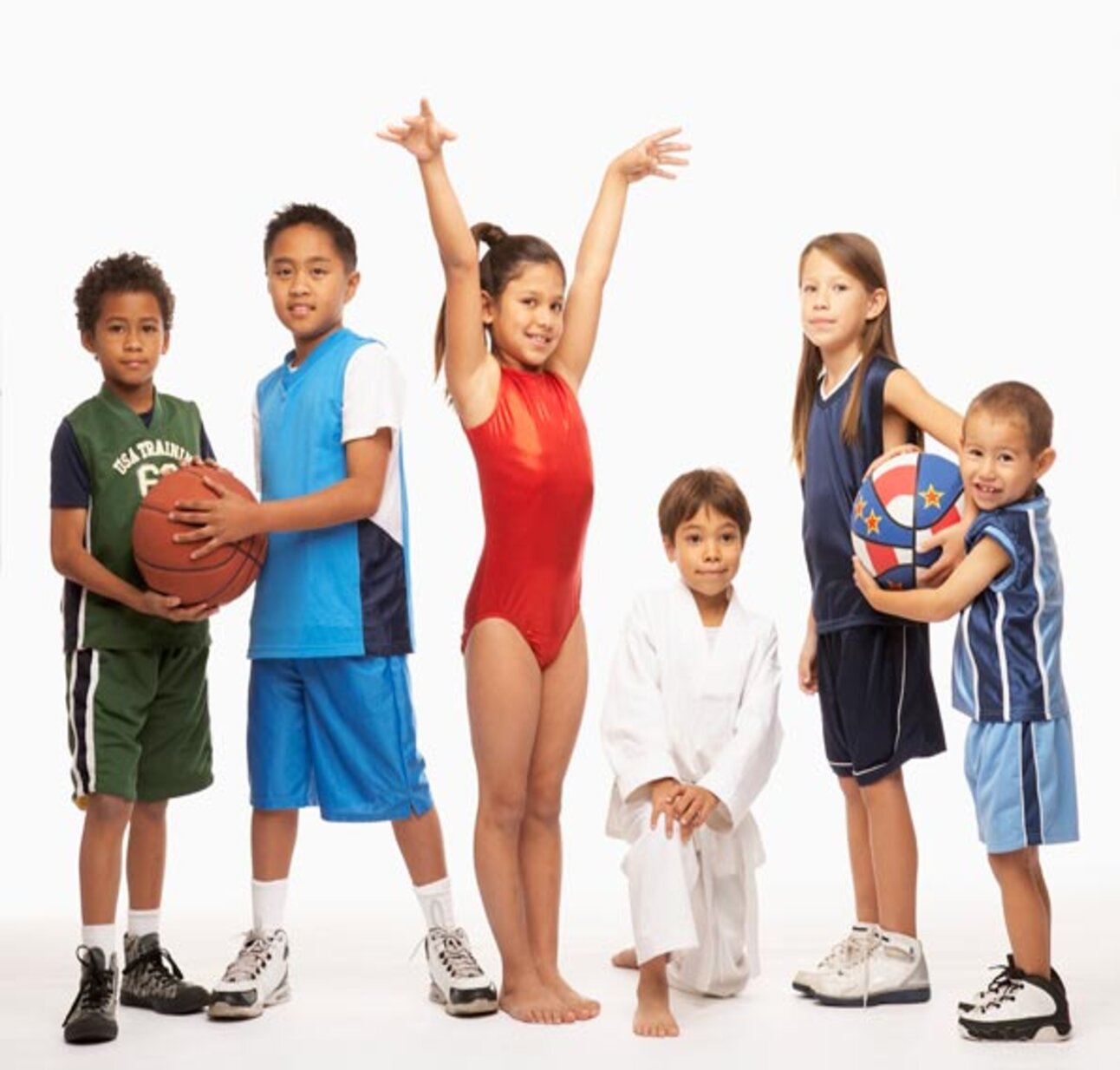Improving the Development of Delinquents with a Sports Extracurricular Approach at the Kupang Children's Correctional Institution
DOI:
https://doi.org/10.31949/ijsm.v3i1.4554Abstract
Physical education in public schools and children's correctional institutions, especially in extracurricular sports activities, functions as an activity to fill children's free time and is expected to reduce child delinquency. The problems in this study are included in the type of correlational quantitative research, namely research that aims to see the relationship between two or more symptoms that can be measured in high and low relationships using data in the form of numbers. This research uses a descriptive method with quantitative analysis. While the data collection technique for research uses a structured questionnaire based on the research variables. From the results of the study, it can be concluded that there is a positive relationship between extracurricular sports activities and the success of fostering naughty children at the Kupang Children's Penitentiary. this can be seen from the value of r o obtained which is greater than the value of the r table. So, in the future, teachers and staff fostering children should further increase the effectiveness of extracurricular sports activities in fostering naughty children at the Kupang Penitentiary.
Keywords:
Extracurricular Activities, Child Development, Coaching Bad ChildrenDownloads
References
Amin, S. (2016). Pengantar Psikologi Umum (Syahrizan & T. H. Yasin (eds.); 3rd ed.). Yayasan PeNA Banda Aceh. http://repository.unimal.ac.id/id/eprint/7132
Area, U. M. (2003). Psikologi Sosial I. Psikologi Sosial, 1–64.
Arikunto, S. (2010). Prosedur Penelitian Suatu Pendekatan Praktik-Revisi Ke X.
Arisena, G. M. K. (2018). Buku Ajar Pengantar Statistika. 2018, 1–46.
Asep, K. (2018). Buku Metodologi-min.pdf (p. 401). http://repository.syekhnurjati.ac.id/3334/
Dahliyana, A. (2017). Penguatan Pendidikan Karakter Melalui Kegiatan Ekstrakurikuler Di Sekolah. Sosio Religi: Jurnal Kajian Pendidikan Umum, 15(1), 54–64.
Dandi, M., & Nurhidayat, N. (2022). Analisis Tingkat Kedisiplinan Siswa dalam Mengikuti Kegiatan Ekstrakulikuler. Jurnal Porkes, 5(1), 272–282. https://doi.org/10.29408/porkes.v5i1.5739
Danuri, & Maisaroh, S. (2019). Metodologi penelitian.
Darmika, I. (2019). Pembaharuan Sistem Peradilan Pidana Anak Di Indonesia. De Rechtsstaat, 5(2), 85–91. https://doi.org/10.30997/jhd.v5i2.2046
Dayakisni, T. (2009). Psikologi sosial.
Dr. Ari Wibowo Kurniawan, M. P., Dr. Adi Wijayanto, S.Or., S, Kom., M. P., Fahrial Amiq, S.Or., M. P., & Muhammad Hafiz N.H, S. P. (2021). Psikologi Olahraga: Vol. I (Mu’arifin (ed.)). Akademia Pustaka.
Hadiyanto, Syahril, Arwildayanto, & T, S. W. (2018). Bidang ilmu: Pendidikan dan Ilmu Pendidikan. 0015117807, 1–36.
Hamzah, A. (2015). (KUHP) Kitab Undang-Undang Hukum Pidana & (KUHAP) Kitab Undang-Undang Hukum Acara Pidana. 1(Rineka Cipta), 143.
Lestari, R. Y. (2016). Peran Kegiatan Ekstrakurikuler Dalam Mengembangkan Watak Kewarganegaraan Peserta Didik. Untirta Civic Education Journal, 1(2), 136–152. https://doi.org/10.30870/ucej.v1i2.1887
Lumowa, H. B. (2017). Hak Pendidikan Bagi Narapidana Anak Ditinjau dari Undang-Undang Nomor 35 Tahun 2014 Tentang Perlindungan Anak. Lex Privatum, 3(1), 103–111.
Pusat Bahasa : Departemen Pendidikan nasional. (2008). Kamus Bahasa Indonesia (16th ed.). Pusat Bahasa. https://www.ptonline.com/articles/how-to-get-better-mfi-results
Syakir, M., Hasmin, & Sani, A. (2017). Analisis Kegiatan Pendidikan Ekstrakurikuler Untuk Pembentukan Karakter Disiplin Siswa Di SMA Negeri 1 Sinjai Borong. Jurnal Mirai Management, 2(2), 108–125.
Syamsul Arifin, B. (2015). Bambang Psikologi Sosial (1st ed., Vol. 1). CV Pustaka Setia.
Widari, T. M. (2012). Pemenuhan Hak Pendidikan Anak Didik Pemasyarakatan Di Lembaga Pemasyarakatan Anak. DiH: Jurnal Ilmu Hukum, 8(15). https://doi.org/10.30996/dih.v8i15.261
Yul Kamra. (2019). Pelaksanaan Kegiatan Ekstrakurikuler Dalam Upaya Mengembangkan Lingkungan Pendidikan Yang Religius Di Smp N 13 Kota Bengkulu. Al-Bahtsu, 4(2), 159–165.

Published
How to Cite
Issue
Section
License
Copyright (c) 2023 Salmon Runesi, Al Ihzan Tajuddin, Ronald Dwi Ardian Fufu, Michael Johannes Hadiwijaya Louk, Jurdan Martin Siahaan, I Nyoman Wahyu Esa Wijaya, Fera Ratna Dewi Siagian

This work is licensed under a Creative Commons Attribution-ShareAlike 4.0 International License.

_.png)
_(2).png)
.png)
.png)
.png)
